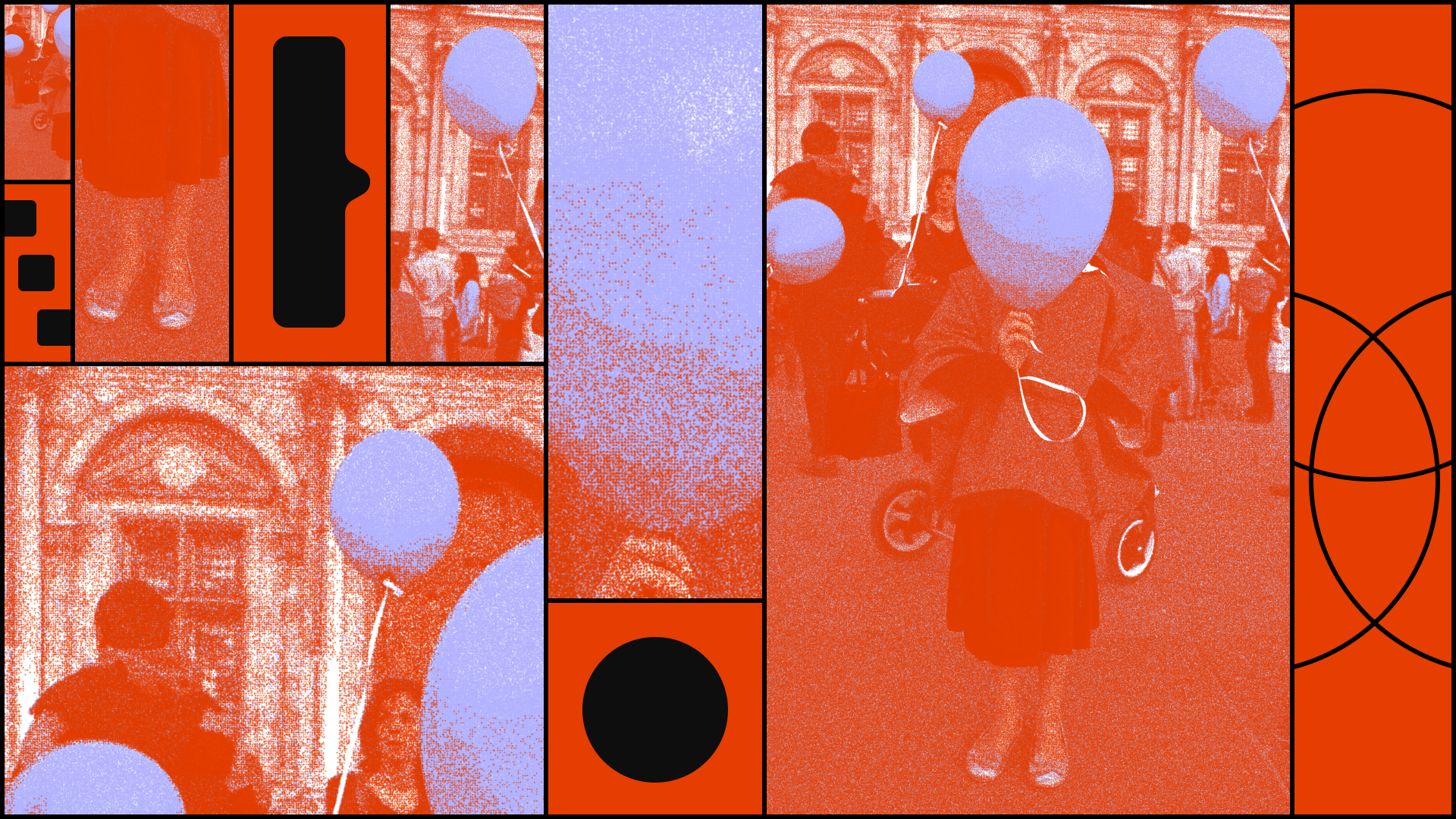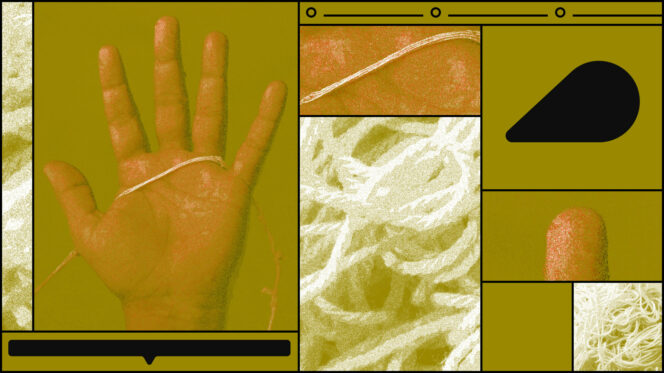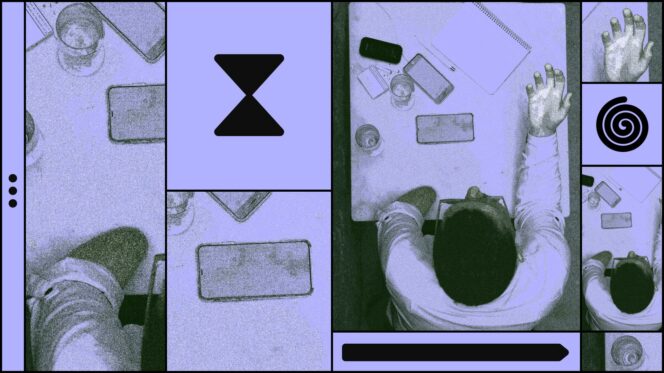Autism Is Not a Disease

Listen to this article as audio:
Autism is one of the strangest diagnoses I’ve received, in that everybody purports to be an expert in what it means – or at the very least to have some very strongly held beliefs about it. When I started researching autism a few years ago, as I began my own diagnosis process, I realised how prevalent and deep-seated misinformation is and how often well-known stereotypes are used to enact harm.
Despite a growing neurodiversity movement, by and large, the way in which society behaves towards and understands autistic people does not appear to be improving. Everybody seems to think they know what autism is – and everybody seems to agree that it’s a bad thing. This is evident in studies and therapies that aim to “cure” autism. It’s explicit in the casual use of “autistic” as an insult, a shorthand for awkward and socially inept. It’s even visible in something as simple and apparently benign as the way we use language to discuss autism.
Most autistic people have been told at some point by a non-autistic person that they should use person-first language (“person with autism”, “person with a disability”) to describe themselves. While better intentioned than those who make “autistic” explicitly synonymous with a social deficit, these people often refuse to acknowledge that not only do many studies demonstrate that identity-first language (“autistic person”, “disabled person”) is preferred by the majority of the autistic community, but that refusing to use it contributes to disableist discrimination. The implication, of course, in using person-first language, is that autistic is not an identity anybody would want to own – instead, it makes autism sound like a disease.
Treating autism as a ‘disease’, rather than a neurotype that exists as a result of natural biological variation, paves the way for a level of discrimination and stigmatisation that would not be acceptable if it were applied to other minority groups. At worst, it raises serious fears of eugenics. But the traditional understanding of autism as a deficit also plays a huge role in day-to-day discrimination against autistic people, and perhaps explains why research shows that “neurotypical (non-autistic) peers are less willing to interact with those with autism based on thin slice [quick, ill-informed] judgements”.
Essentially, the proliferation of knee-jerk assumptions about autistic people – the idea that we are inherently wrong, rather than just different – is stopping non-autistic people from making an effort to engage with us and hindering the building of a world where autistic people would be valued members of society, safe from harm and free from isolation. Autistic researcher Dr Damian Milton describes this as ‘the double empathy problem’. When people with very different experiences of the world interact, they will inevitably struggle to empathise with each other, Milton explains. Currently, autistic people are expected to span the entire gulf between our perspective and the neurotypical perspective. In order to improve the lives of autistic people, non-autistic people must begin to shift their view of us and try to understand the way that we experience the world. Suggesting we are inherently faulty puts the onus solely on us to change or be cured, rather than encouraging neurotypicals to meet us halfway.
We don’t want to be ‘cured’.
Throughout history, the message that autistic people must adjust their behaviour – or have it adjusted for them – to match that of non-autistic people has remained constant, with “cures” for autism ranging from chemical castration and bleach enemas to behavioural therapy. Even in research settings – where you would hope misinformation would be tackled, not spread – autistic people are routinely pathologised and dehumanised. Today, in 2021, the ‘gold standard’ treatment for autistic children remains applied behaviour analysis (ABA), a type of therapy that uses operant and respondent conditioning to – in the words of its founder, 1960s psychologist Ole Ivar Lovaas – try to make autistic people “normal”.
ABA is increasingly controversial within the autistic community, with opposition to its use growing all the time, as many autistic adults share their personal experience of being harmed by the treatment as a child. Academics have backed this up, saying the treatment “manifests systematic violations of the fundamental tenets of bioethics” and places a burden on autistic people by “defining therapeutic success primarily in terms of autists’ ability to fit into normal societal structures”. But despite increasing evidence that these therapies don’t work and may cause mental health conditions including PTSD, families desperate to support their children may feel they have no other option when there is shockingly little support available.
View this post on Instagram
Given the marginalisation, discrimination and brutal treatment that autistic people face from childhood, it is no wonder autistic adults have repeatedly been found to be more vulnerable to many different negative life events than non-autistic people, and to be at increased risk of violent victimisation.
Discrimination is also never applied equally. Autistic people experiencing multiple forms of oppression – whether that’s through, for example, being multiply disabled, a woman or a person of colour – are often even more marginalised. This is exacerbated by the myth that autism is only prevalent amongst white men, a common misconception that creates barriers to diagnosis for BAME people, women and anyone else who doesn’t fit the stereotype, preventing access to support. As disability justice educator and organiser Lydia K Brown writes, “we can’t address disability without addressing race”.
Research shows that in the UK alone thousands of autistic women and girls are going undiagnosed due to gender bias, causing untold damage to their mental health. Understanding that something about your experience of the world is different, while being unable to understand what that thing is – often compounded by having your thoughts about what it might be invalidated by both medical and non-medical sources – can lead to an intense urge, or even an unconscious decision, to suppress your natural behaviours in order to fit into wider society. Altering autistic behaviour for this reason is commonly known as ‘camouflaging’ or ‘masking’ and is linked to increased suicide risk.
Asking neurodivergent people to change to fit into a disableist society is crushing individuals and the community, but many autistic people and their families feel it is the only option in a world that is so hostile to autistic people. Instead of forcing us to change, neurotypicals should embrace difference. They should accept that autistic people’s intense and sometimes repetitive interests are fundamental parts of our lives, with many advantages; and that actually many of us enjoy relationships of all kinds, we just find that they’re easier with other autistic people (perhaps because of the way neurotypicals treat us). It is also worth noting that talking is not the only form of communication – non-speaking does not equal non-thinking.
It’s time for non-disabled people to learn how to make the world more accommodating for disabled people and to fight to have these accommodations implemented wherever possible, challenging the Tories’ devastating blows to UK health and social care. Shifting the cultural understanding and treatment of autism, as well as curating academic research to meet the real priorities of autistic people and their families, is an essential task in this fight.
Non-autistic people must meet us halfway, because, despite the obstacles stacked against us, we don’t want to change. In a survey of thousands of autistic people, the majority (whether speaking, non-speaking, with or without an intellectual disability) said that they wouldn’t take a cure for autism if one were created. I don’t want to claim that living as an autistic person is never difficult, but I do want to emphasise in every possible way that every autistic person is deserving of a life – a life where we’re valued, just as we are.
Jodie Hare is an autistic freelance journalist who writes about languages and translation, feminism, disability, and jellyfish. She can be found at @jodslouise.


